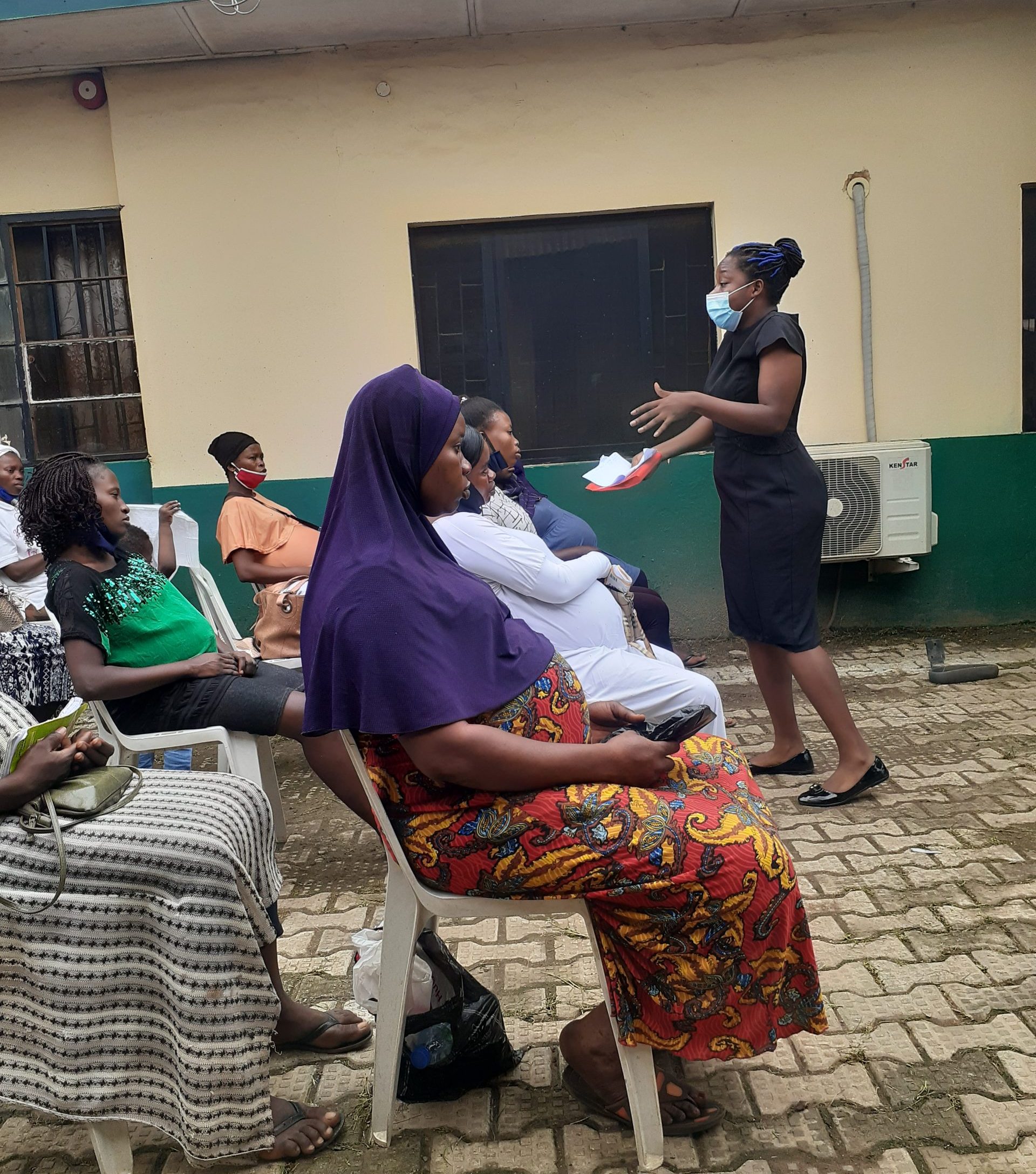Earlier in the month of June, following the protracted war in Ukraine, the Medical And Dental Council Of Nigeria (MDCN) – which is Nigeria’s regulatory body for the medical, dental and alternative medicine professions – issued a notice concerning medical degrees from Ukrainian schools, and it was circulated on social media platforms.
NOTICE ON STATUS OF MEDICAL DEGREE CERTIFICATES ISSUED BY UKRAINIAN MEDICAL SCHOOLS IN 2022 AND ONLINE MEDICAL TRAINING
We wish to inform the General Public that Medical and Dental Degree Certificates issued by Medical Schools from Ukraine from 2022 will NOT be honoured by the Medical and Dental Council of Nigeria until when normal academic activities resume.
Council however advises students who are currently studying medicine or dentistry in Ukranian medical schools to seek transfer to other accredited medical or dental schools in other countries for the completion of their programmes.
In addition, Council’s attention has been drawn to information that some students are carrying out online medical training being organised by schools in Ukraine, China and some other countries.
For the avoidance of doubt, Council categorically states that online medical training done in any part of the world is short of acceptable standard and is not recognised by the MDCN.
In the light of the above, the Medical and Dental Council of Nigeria will not honour any Medical Degree Certificates issued at the end of any online medical training.
Signed
Management
MDCN
This raised different reactions among stakeholders and those involved. However, here is our take…
Different trends and actions from the recent past (even before the war), such as the withdrawn circular sometime last year announcing an “exorbitant fee” to be paid by the medical graduate trained in those countries for a mandatory training and partaking in the council’s assessment examination, have shown some degree of reservations by the council towards medical degrees obtained from that part of the world.
Whether those actions were based on personal bias or collective decisions by the council or its leadership; it could easily pass as an aversion against the IMG from those countries. Also resonating, that if given the opportunity the council might call for at least 6 months to 1 full year of clinical postings in Nigeria before making medical graduates from those schools eligible for the MDCN licencing exams.
However the fact remains, “Medicine is both a Science and an Art”, just like Paracelsus said. “Medicine cannot be learned via correspondence” and “The basics of Clinical Practice cannot be gleaned off the pages of a gadget’s screen”, as one of our clinical Professors would also say.
It is worthy of note, that some of these graduates who finished physically from the former USSR countries – way before the outbreak of war – still write the MDCN assessment examination up to 3 or 4 times before passing it and getting a provisional licence to proceed into internship or medical practice in Nigeria. Just for context, this could be likened to standard practice globally, such as PLAB written to practice in the United Kingdom and USMLE in the United States.
Nonetheless, the issuance of this notice – albeit insensitive because no one wishes or plans ahead for the eventualities of war but it could happen anywhere – only goes to solidify the possible existent bias or discrimination stated above and it is clearly not good for the morale of the displaced students involved and their families who are deeply invested in the situation. This could as well escalate with a ripple effect into the society at large extent.
Instead, a preferable method would have been to collectively find a way to sort them out but of course, “this is Nigeria” – with a cancerous system where a lot of misnomers thrive. However, below are some of our recommendations
The Council should show more empathy to those affected. It takes a great deal of courage, risk and investment on both the part of students and their parents to make the decision to migrate to that part of the world for education. Keeping in view that “WE” also have our parts to play in the state of our own (medical) education system in Nigeria. i.e. to eliminate time wasting, insecurity, lack of economic empowerment and other problem affecting the quality of education and life of students as well as graduates in the country.
Likewise, some of these students witnessed the initial parts of the war which would have scarred their mental and physical health. It won’t be out of place – as the governing body of medical profession in the nation – to provide them with light therapy in that aspect.
Intra and Inter-national Collaborations should be established to make it work because training medical/dental practitioners is expensive, crucial and learning online alone won’t help. For example, they could be absorbed into Private or newer schools in Nigeria with fewer students for those between year one and four, clinical attachments or unilateral exchange programs could be facilitated for those in 5th or 6th year in and out of the country.
However, constantly putting in perspective the synchronization of their medical curriculum, different regional learning culture and medical practice. To avoid “toxicity” in the learning environment and them struggling to settle into the system. This, if done properly, would help with the elevation and internationalization of medical education in Nigeria.
Another way is getting the National Commission in charge of the Diaspora and other things involved, to get the directory of the students involved, and find a way to facilitate their transfer to neighbouring or other peaceful countries to complete their trainings.
Also, some revision or exceptions should be made concerning this notice because some that graduated or are graduating this year did clinicals before the war started and should be taken into consideration. Those who fall within this category should be allowed to proceed with the MDCN Licencing process.
Finally, we would not be oblivious to the fact that “this is Nigeria” where there are unwritten rules or notions or beliefs among some medical elders that the training received in those countries is subpar. Hence, a persistent undocumented urge to pick on them (with some form of discrimination or superiority complex, we often see displayed in our institutions, particularly during their internship period in public tertiary facilities) but as always, there would probably be means soon devised to bypass this as well.



Discussion1 Comment
Awesome read